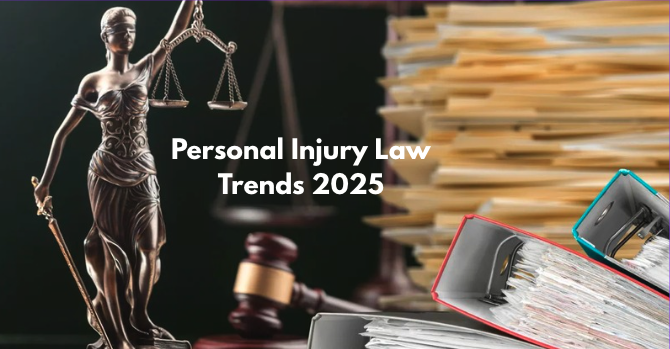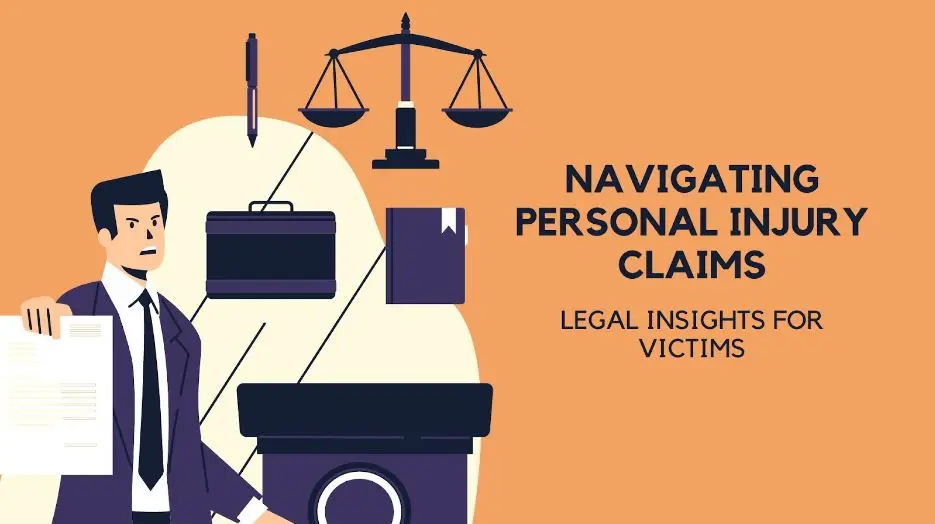
In 2025, social media plays a pivotal role in personal injury cases, influencing evidence and public perception. Lawyers increasingly scrutinize online activity to uncover inconsistencies in claims. Platforms like Instagram and Facebook can provide crucial visual evidence, while also posing risks of self-incrimination. As digital footprints expand, understanding their impact on litigation becomes essential for both plaintiffs and defendants.
As we enter 2025, the role of social media in personal injury cases has evolved significantly. With over 4.5 billion users worldwide, platforms like Facebook, Instagram, Twitter, and TikTok have become a double-edged sword in the legal arena. While they provide a means for victims to share their stories and connect with others, they also present challenges that can impact the outcome of personal injury claims.
In personal injury cases, social media can serve both as a valuable tool and a potential hindrance. Below are some key impacts that social media has on personal injury claims in 2025:
Social media posts, photos, and videos can serve as critical evidence in personal injury cases. Insurance companies and defense attorneys often scour the social media profiles of claimants to find posts that could undermine their claims. For example, a post showing a claimant engaging in physical activities may contradict claims of serious injuries. Therefore, it is crucial for individuals involved in personal injury cases to be aware of their online presence and the potential implications of their posts.
The way a case is portrayed on social media can influence public perception. A negative portrayal can sway opinions, making it more challenging for claimants to receive fair compensation. In 2025, the rise of influencer culture can amplify these effects, as individuals with large followings can impact public sentiment about a case. This underscores the importance of managing one’s online reputation during a legal proceeding.
With the increasing interconnectedness of social media and personal lives, privacy concerns have become paramount. Many individuals share personal details online that may inadvertently affect their case. As a result, legal professionals emphasize the need for clients to limit their social media activity and adjust privacy settings to safeguard sensitive information during litigation.
Given the significant impact of social media on personal injury cases, it is essential to adopt effective strategies for navigating this digital landscape. Here are some recommendations for individuals involved in personal injury litigation:
Consider taking a break from social media during the legal process. While it may be tempting to share updates or seek support, it is crucial to minimize the risk of damaging your case. Limiting posts and interactions can help mitigate potential pitfalls.
Ensure that your social media accounts have strict privacy settings. This can limit public access to your posts and personal information. However, it's essential to remember that even private posts can be discovered through other means, so exercise caution in what you share, even within private groups.
Your attorney should be your first point of contact regarding social media activity. They can provide guidance on what is appropriate to share and what could be detrimental to your case. Open communication with your legal team is vital for developing a comprehensive strategy that considers social media implications.
As technology continues to advance, the intersection of social media and personal injury law will likely evolve even further. Innovations such as artificial intelligence and data analytics will play an increasingly significant role in how cases are handled. In 2025, we may see the emergence of tools that can analyze social media interactions to assess credibility, which could further complicate the already intricate relationship between personal injury claims and social media.
In conclusion, the impact of social media on personal injury cases in 2025 cannot be understated. As a powerful tool for evidence collection and public perception, social media presents both opportunities and challenges for claimants. By adopting proactive strategies and remaining aware of the potential implications of their online presence, individuals can better navigate the complexities of personal injury litigation in an increasingly digital world.
To summarize, here are the key points regarding the impact of social media on personal injury cases:
The Impact of Social Media Algorithms on Online Advertising in the USA by 2025

How Accident Attorneys are Adapting to Changes in Personal Injury Law by 2025

Best Personal Injury Attorneys in the USA (2025)

Personal Injury Attorney: What to Expect in the USA in 2025

The Role of Technology in Personal Injury Law: Insights for 2025

How to Choose the Right Personal Injury Attorney in 2025

Understanding Personal Injury Settlements: Trends and Predictions for 2025

Navigating Personal Injury Claims: A Guide for 2025